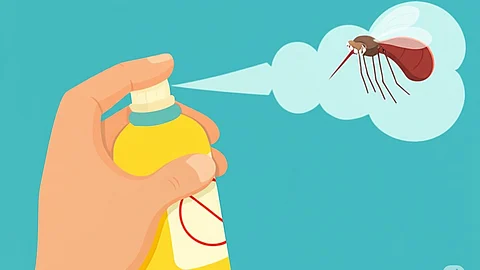As dengue infections surge worldwide, health authorities are intensifying surveillance, awareness campaigns, and preventive measures to curb the mosquito-borne disease. In India, regions like Jamshedpur, Ranchi, Ghaziabad, and Noida report increasing cases, while the US Centers for Disease Control and Prevention (CDC) has issued alerts highlighting elevated risks in America, including US territories.
With global cases rising substantially over the past five years, experts emphasize climate change, urbanization, and insecticide resistance as key drivers, urging immediate community involvement for effective control. This comes amid monsoon seasons in tropical areas, where warmer, wetter conditions favor mosquito breeding.


